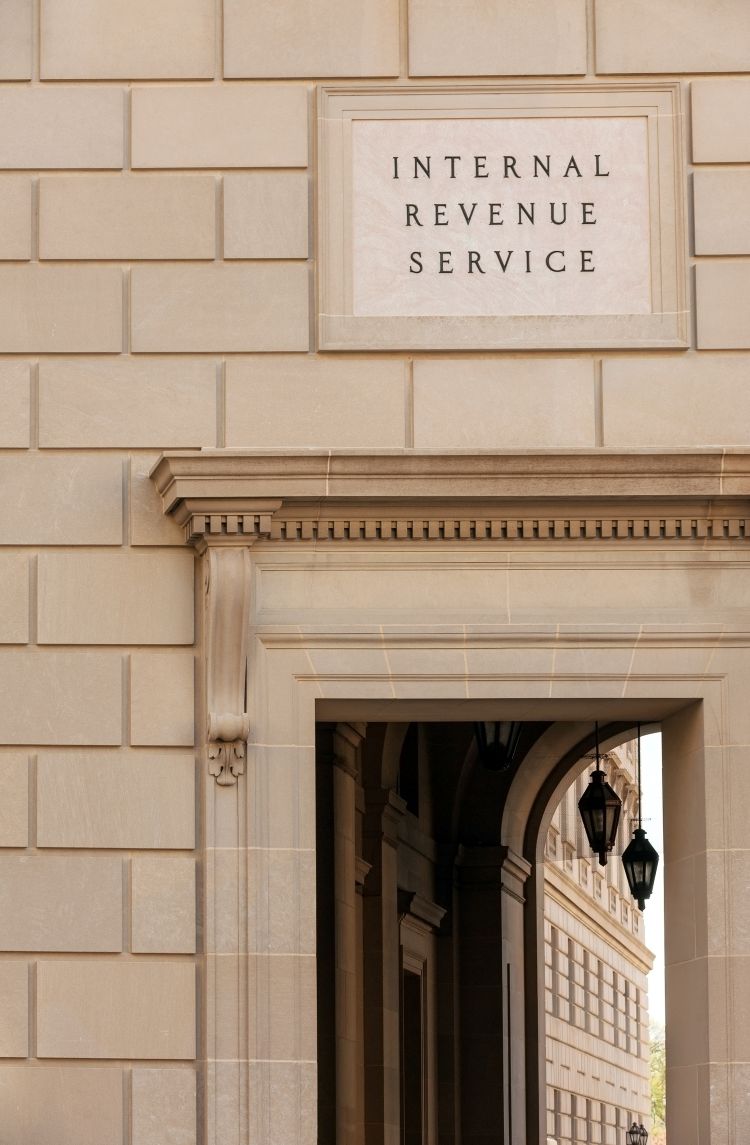
July 21, 2025

On July 4, 2025, the One Big Beautiful Bill Act (OBBBA) became law, changing several areas of the federal tax code. One of those changes affects Section 1202, which has offered tax benefits for small business investors for more than thirty years. The provision allows qualifying gains from the sale of certain stock to be excluded from federal income tax. It has been adjusted several times since it was introduced, and this latest revision adds new ways for taxpayers to benefit.
The new rules apply to Qualified Small Business Stock (QSBS) acquired on or after the date of enactment. For the first time, taxpayers may qualify for a partial exclusion after holding the stock for three or four years. Previously, gains exclusion had been available only after five years. The law also raises the lifetime cap on eligible gains and increases the asset threshold for issuing corporations. These changes may be relevant to founders, early-stage investors, and business owners. To help clients, prospects, and others, Wilson Lewis has summarized the key details below.
Qualified Small Business Stock, or QSBS, refers to stock issued by certain domestic C corporations that meet specific requirements under Section 1202 of the tax code. This provision allows eligible taxpayers to exclude part or all of the gain from the sale of qualifying stock from federal income tax, provided the stock is held for a required period and certain conditions are met.
To qualify, the stock must be acquired directly from the corporation at original issue and must be held by a noncorporate taxpayer. The issuing company must be a C corporation with total gross assets that do not exceed a specified limit at the time the stock is issued. In addition, the business must be actively engaged in a qualified trade or business. Certain industries are excluded from eligibility, including law, engineering, accounting, consulting, financial services, and other fields where the value of the business is primarily tied to the skills or reputation of its owners or employees.
Before OBBBA, the rules allowed taxpayers to exclude up to 100% of the gain on QSBS held for more than five years. That exclusion was subject to two key limits. The first was a lifetime cap per company equal to the greater of $10 million or 10 times the taxpayer’s original investment. The second required that the issuing company’s gross assets did not exceed $50 million before or immediately after the issuance. These rules still apply to stock acquired before July 4, 2025.
For QSBS acquired on or after July 4, 2025, OBBBA introduces three key updates to Section 1202.
Given the complex rules and the importance of proper documentation, it is worth reviewing these details with a tax advisor before making any decisions.
The recent changes to Section 1202 could open the door to new tax savings, but only if the right conditions are met. A conversation with a qualified tax advisor can help clarify whether these benefits apply and how to plan going forward. If you have questions about the information outlined above or need assistance with another tax or accounting issue, Wilson Lewis can help. For additional information call 770-476-1004 or click here to contact us. We look forward to speaking with you soon.